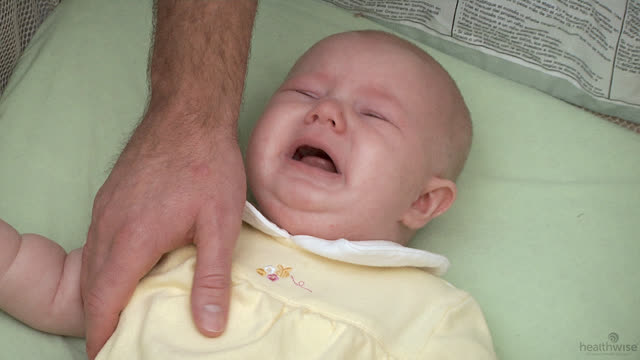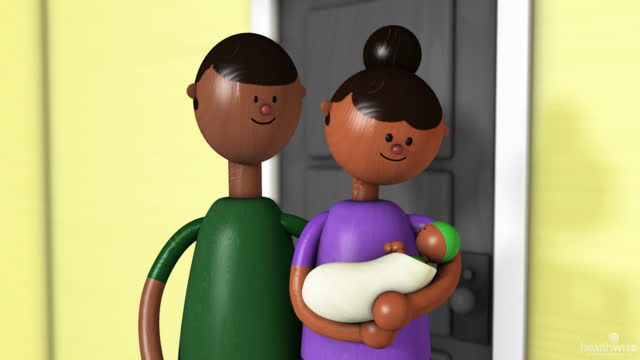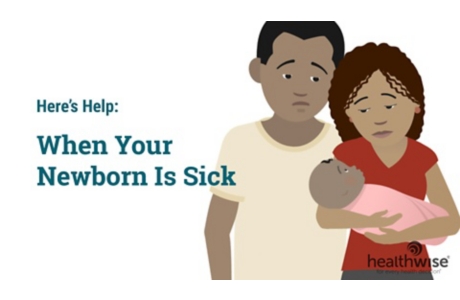Taking Care of Yourself When Your Baby Is Fussy
Topic Overview
The challenges of caring for a young baby intensify if your baby is very fussy or cries a lot. Relationships can become strained between parents and baby; between parents; and between parents and other family members, especially other caregivers. Older brothers and sisters may feel resentful, ignored, helpless, or sometimes even guilty because of a vague sense that they are to blame for the baby’s behavior. It is also normal to be disappointed and angry with the baby. Taking good care of yourself is important to help minimize the potential negative impacts that crying and fussiness can have on you and other family members.
- Keep your perspective. The first step in self-care is regaining a sense of control. Accept that it’s normal to be frustrated.
- Avoid acting impulsively. Take precautions so that you don’t become so frustrated that you might hurt your baby, even unintentionally. Child abuse and neglect can seriously and permanently harm your child’s physical and mental health. If you are afraid that you might hurt your baby, get help immediately. Call a friend or neighbor to come over. If nobody is available and you are feeling out of control, call 911.
- Anticipate trouble times. If your baby has colic, he or she will likely develop a crying pattern. Typically, babies cry more during the late afternoon or early evening, although the timing can vary. Schedule a relative, friend, or neighbor to come over a few times a week when you expect a crying episode to begin. Having support and sharing caregiving responsibilities can help you stay calm and manage your feelings more effectively. Babies pick up on your frustrations, which can make them cry more.
- Nurture your family relationships. Communicate openly with your partner and other caregivers about your feelings and concerns, or talk with a friend or your doctor. Also, spend individual time with your other children. It can be short—a trip to the store or a walk around the block. Talk to them about their feelings and how they are coping with the baby’s fussy times. Consider ideas on what they can do when the baby is upset, such as play in the backyard or visit a neighbor’s house.
- Spend time on yourself. Do something you enjoy, even if only for a short time. This could be dining out, visiting a friend, getting a massage, reading, gardening, or exercising.
Remember, your baby will gradually grow out of colic and other fussy behaviors.
Current as of: December 12, 2018
Author: Healthwise Staff
Medical Review:John Pope MD – Pediatrics & Kathleen Romito MD – Family Medicine
This information does not replace the advice of a doctor. Healthwise, Incorporated, disclaims any warranty or liability for your use of this information. Your use of this information means that you agree to the Terms of Use. Learn how we develop our content.





